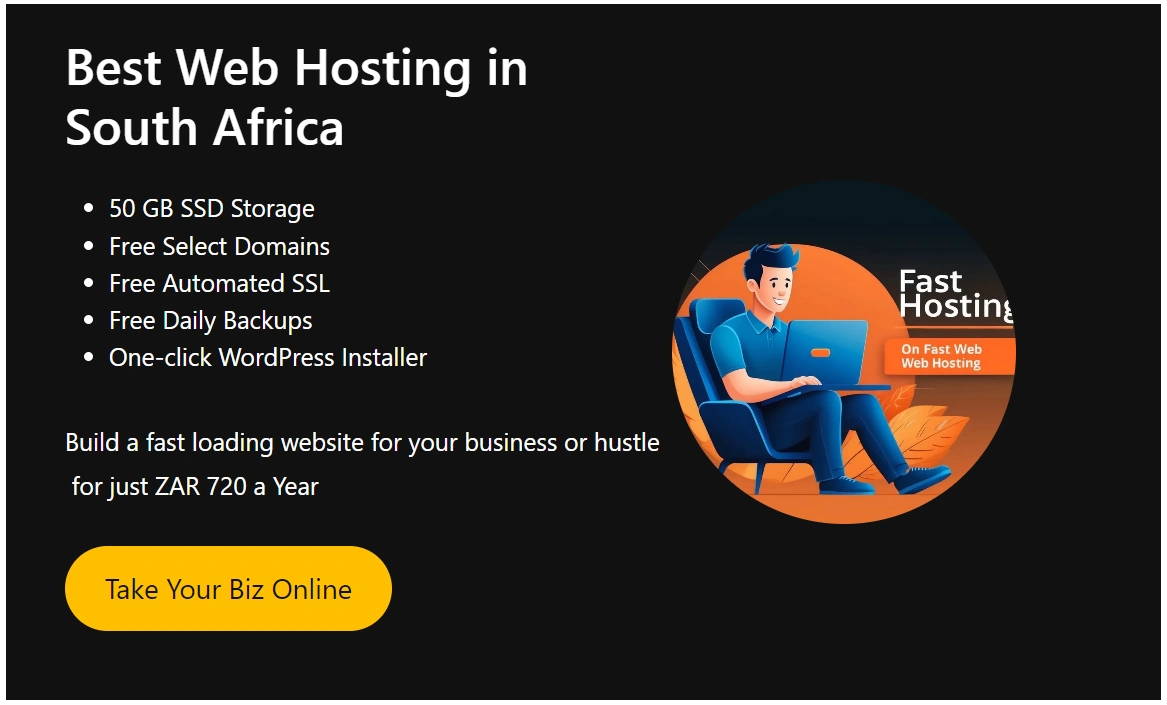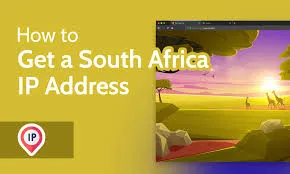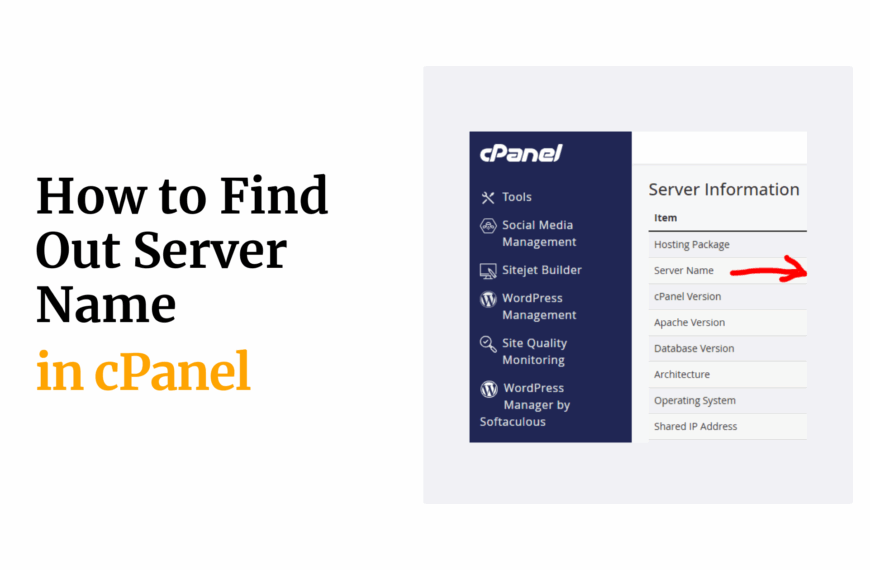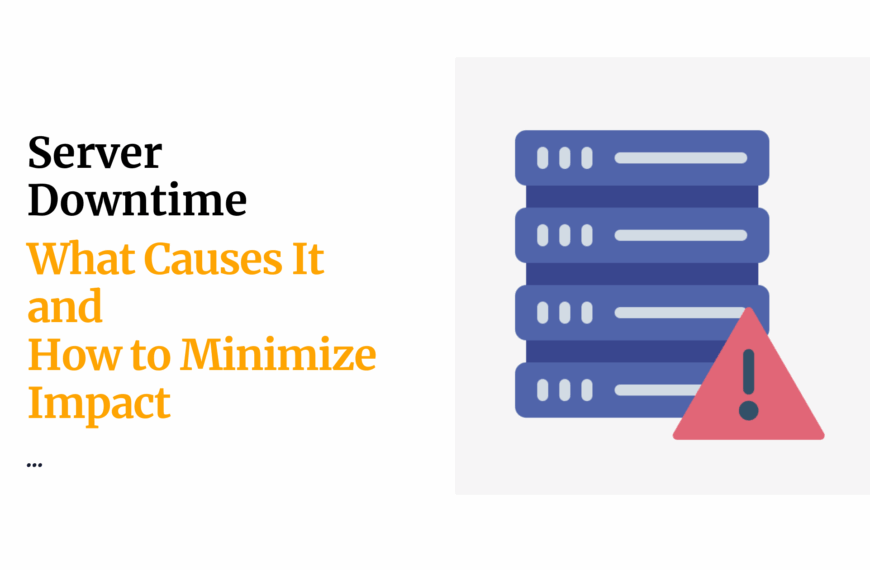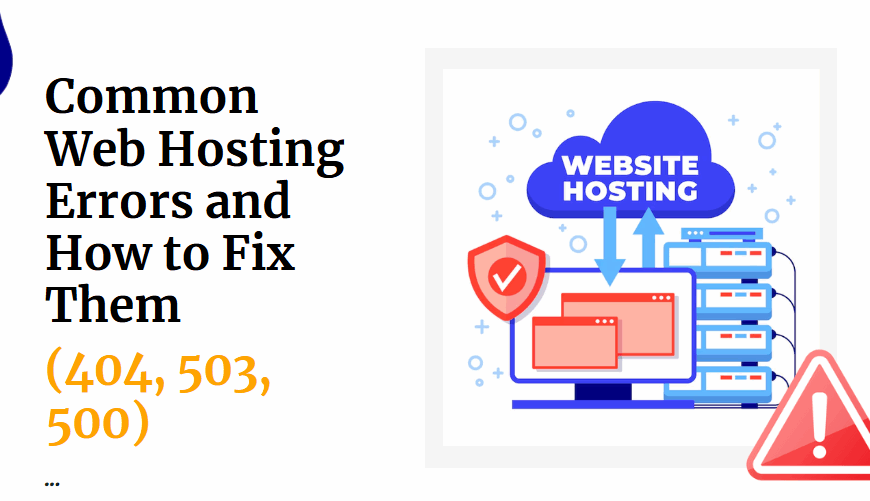If you own a website, you definitely want to be found when your target audience searches for your website online. Right? That means you need to learn how to index a website on Google or Bing.
But how do you do that?
Well, that’s our business today, to take you through it.
Now, when you launch a new website, the excitement is real.
Yet, if a Google or Bing search doesn’t bring up your link, the thrill fades.
The culprit? Your site hasn’t been indexed.
Indexing is the process that lets search engines notice and catalog your pages, making them discoverable by anyone looking for what you offer.
The process involves search engines sending out automated bots, often called crawlers, to explore your site, read its content, and follow any links to discover additional pages.
This creates a structured database, allowing search engines to quickly return relevant pages to users when they search, like when a hungry person is looking for a good espresso near Melrose Arch or when a mom wants to buy a unique, handmade baby blanket.
If your site hasn’t been crawled and indexed, it’s like having a shop hidden in a back alley without a sign—great product, but no customers.
Now, let’s break it down into easy, everyday steps you can follow to get your site indexed quickly and reliably on both Google and Bing.
We’ll throw in how using local servers can speed things up and keep your site online no matter how many new customers decide they really, really need that double-shot cappuccino.
Grab a cup of your finest brew, and let’s go!
Table of Contents
Understanding Website Indexing
So, what does it mean to index a website?
Think of search engines like Google and Bing as giant libraries.
When you index a website, you’re telling these libraries to add your site’s pages to their catalog so people can find it.
Indexing happens after search engines “crawl” your site, which means their bots scan your pages to understand what they’re about.
For South African businesses, indexing is a success move.
Whether you’re a Cape Town tour guide or a Pretoria e-commerce store, getting indexed means customers can discover you when they search online.
But here’s the catch: if your website is slow or has technical issues, search engines might struggle to index it.
That’s where reliable hosting comes in.
We’ll be talking about that in a few.
Preparing Your Website for Indexing
Before you index a website, you need to set it up for success.
Think of it like preparing your shop for a big inspection—you want everything neat, fast, and ready to impress.
Here’s how to get started:
- Choose Reliable Hosting: A fast website is crucial for indexing. Truehost offers affordable hosting plans with SSD storage and 99.9% uptime, ensuring search engine bots can access your site without hiccups. Slow servers? That’s a recipe for indexing delays.
- Make Your Site Mobile-Friendly: Many South Africans browse on their phones, so ensure your website looks great on mobiles. Use responsive designs to keep visitors happy and help search engines index your website.
- Secure Your Site with HTTPS: Security matters. An HTTPS-enabled site (which Truehost includes in its hosting packages) signals to Google and Bing that your site is trustworthy.
- Create Quality Content: Write clear, relevant content for your audience. For example, if you run a Durban bakery, include local keywords like “fresh cakes Durban” to attract nearby customers.
- Fix Technical Issues: Broken links or duplicate pages can confuse search engines. Use tools like Google Search Console to spot and fix these problems before you index a website.
When you optimize your site, you’re laying a solid foundation to index a website successfully.
How to Index a Website on Google
Now, let’s get your website indexed on Google, the search engine most South Africans use.
Follow these steps to ensure Google knows your site exists:
- Set Up Google Search Console: This free tool is your gateway to Google. Sign up, add your website, and verify ownership (Truehost’s hosting dashboard makes this easy with clear DNS settings).
- Submit a Sitemap: A sitemap is like a map of your website’s pages. Create one using tools like Yoast SEO. Upload it to Google Search Console to help Google crawl your site efficiently.
- Request Indexing: Use the URL Inspection Tool in Google Search Console to ask Google to index specific pages. For example, prioritize your homepage or a key product page.
- Optimize for Local SEO: Include local keywords (e.g., “Pretoria web design services”) to attract local customers. Google loves relevant, location-specific content.
- Monitor Progress: Check Google Search Console for indexing errors, like pages blocked by robots.txt. Fix them to ensure Google can index your website fully.
Truehost’s fast servers ensure Google’s bots can crawl your site quickly, making it easier to index a website and rank higher in search results.
How to Index a Website on Bing
While Google dominates, Bing is still popular, especially for certain audiences.
Indexing your website on Bing is just as straightforward:
- Set Up Bing Webmaster Tools: Sign up for this free tool and verify your website.
- Submit Your Sitemap: Just like with Google, upload your sitemap to Bing Webmaster Tools. This tells Bing which pages to crawl and index.
- Use the URL Submission Tool: Manually submit key pages to speed up indexing. For example, submit your “contact us” page to attract buying clients.
- Understand Bing’s Preferences: Bing prioritizes clear content and strong visuals. Ensure your site has high-quality images and descriptive text tailored to your audience.
Best Practices for Maintaining Indexing Success
Once you’ve indexed your website, you need to keep it visible.
Here are some tips to ensure long-term success:
- Update Content Regularly: Fresh content keeps search engines interested. For example, add a blog post to engage visitors and encourage re-indexing.
- Monitor Website Performance: Use Truehost’s hosting tools to track uptime and speed. A slow site can drop out of search results, so prioritize performance.
- Track Indexing with Analytics: Check Google Search Console and Bing Webmaster Tools to see which pages are indexed and how users find you.
- Avoid Common Mistakes: Don’t block search engine bots with robots.txt or use low-quality content. These can prevent your site from staying indexed.
With Truehost’s hosting, you get built-in performance monitoring and fast servers, ensuring your website remains indexed and accessible to your customers.
Conclusion
Getting your website indexed on Google and Bing is like opening the doors to your business for the world to see.
Prepare your site, submit sitemaps, and monitor progress to index the website effectively and attract more customers.
Ready to take your website to the next level?
Start with Truehost’s affordable hosting plans to ensure your site is fast, secure, and ready to index.
Then, visit Google or Bing today and index your website to reach more customers in Johannesburg, Cape Town, and beyond!
 Web Hosting
Web Hosting Windows HostingBuilt for Windows apps and websites – stability, speed and flexibility
Windows HostingBuilt for Windows apps and websites – stability, speed and flexibility Reseller HostingLaunch a hosting business without technical skills or expensive infrastructure
Reseller HostingLaunch a hosting business without technical skills or expensive infrastructure Affiliate ProgramRefer customers and earn commissions from sales across our platform
Affiliate ProgramRefer customers and earn commissions from sales across our platform Domain SearchFind and secure a domain name in seconds with our quick lookup tool
Domain SearchFind and secure a domain name in seconds with our quick lookup tool CO ZA Domains
CO ZA Domains All DomainsExplore domain names from over 324 TLDs globally – all in one place
All DomainsExplore domain names from over 324 TLDs globally – all in one place Free Whois Lookup Tool South Africa
Free Whois Lookup Tool South Africa VPS
VPS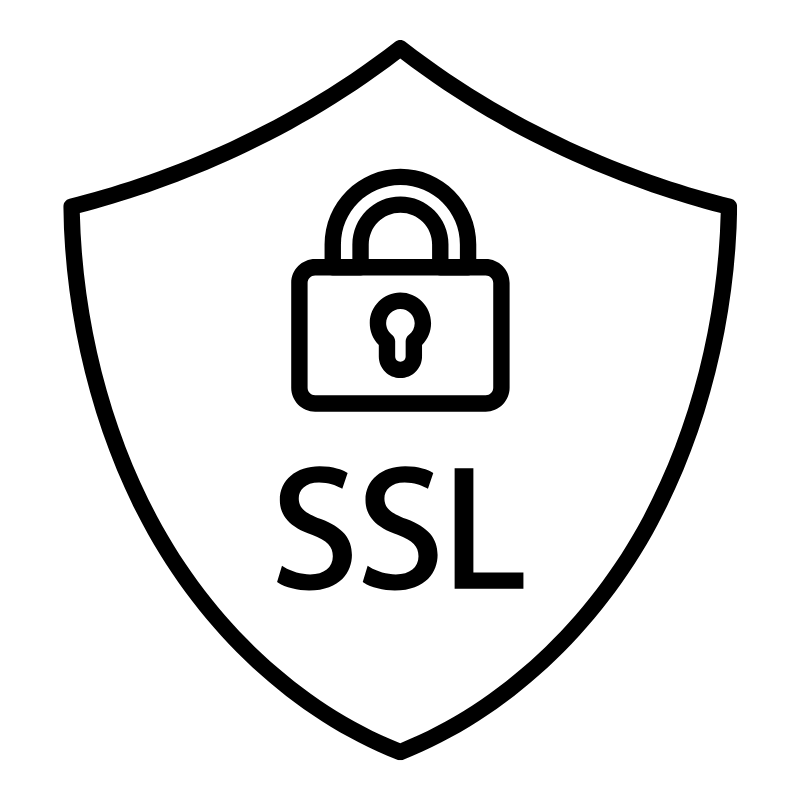 SSLs
SSLs
